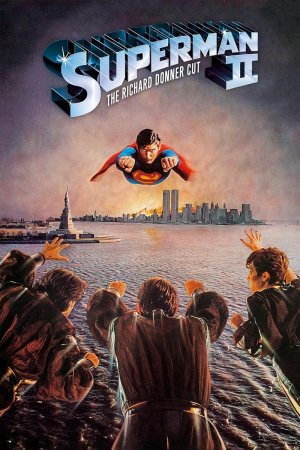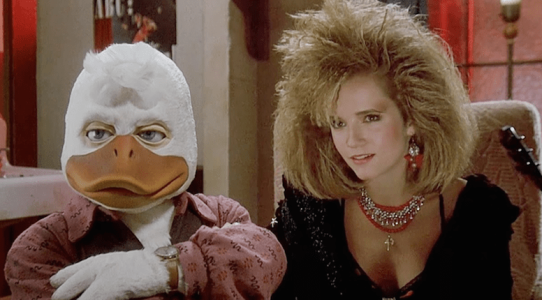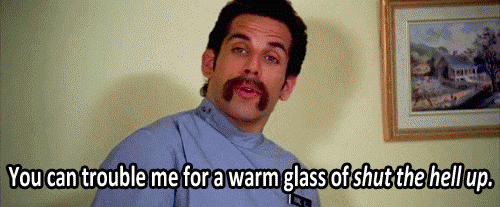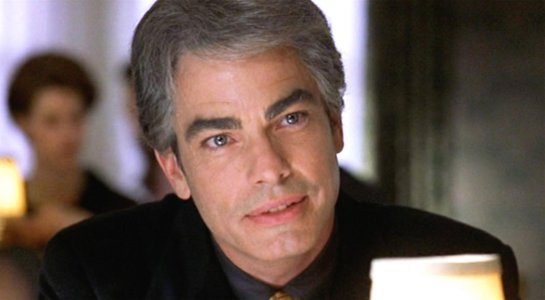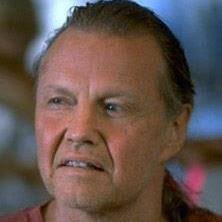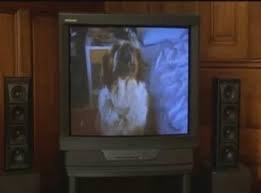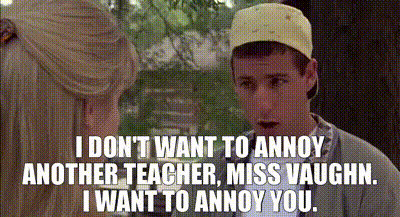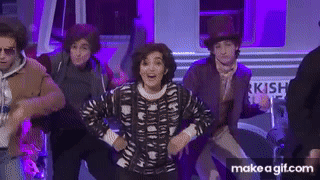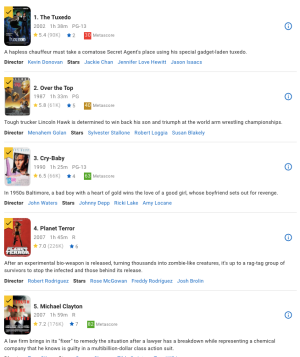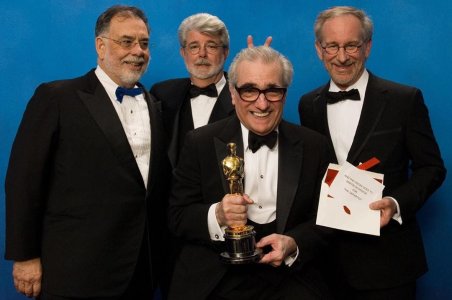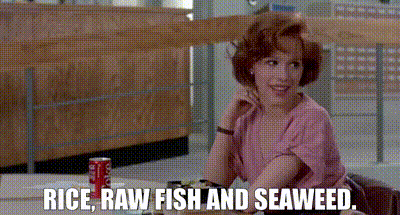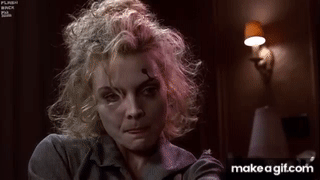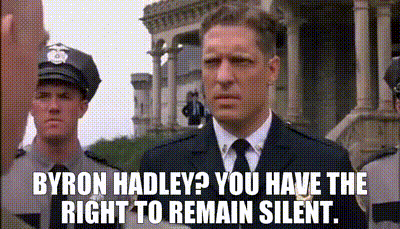- Jan 11, 2013
- 18,115
- 11,770
Lady Bird's Glaring White Mediocrity

http://theweek.com/articles/741399/lady-birds-glaring-white-mediocrity

http://theweek.com/articles/741399/lady-birds-glaring-white-mediocrity
Lady Bird, a movie so popular it has made history as Rotten Tomatoes' best-reviewed movie ever, focuses on the life of the titular Lady Bird, whose given name is Christine. Lady Bird, who crafts a persona of alternative artsiness with her name, dyed hair, and awkwardness passing as weirdness, is the heroine of this coming of age tale. Critics have lavished praise on the film and its writer/director, Greta Gerwig, calling it "big-screen perfection" and "exquisite." The problem withLady Bird isn't so much that it's a bad movie, but that, like its protagonist, it's not a terribly remarkable one.
Lady Bird, who finds it "ridiculous" that people just accept the names their parents give them, struggles throughout this movie to find something unique about herself. She has, for better or for worse, an ordinary, fairly good life — a stable middle-class family, good schooling, and seemingly good mental health (aside, of course, from the first scene, where she literally jumps out of a car mid-argument with her mother). She is surrounded by people less privileged than her, yet she still feels like she has been dealt the lesser hand. Her personal drive for uniqueness and imperviousness to outside issues is often aggravatingly solipsistic.
The universe in which Lady Bird lives is chock full of complex characters — Lady Bird just isn't one of them. I would rather learn about Julie, the talented-but-fat friend who doesn't get to go to college and isn't "built" for happiness, or the mother, whose compassion is masked by rough practicality, or the father, with his outstanding warmth and humor, or the brother, who was adopted by white people and has an unkind sister, or the girlfriend, who in her early 20s is living with her equally young boyfriend's white family, or the drama teacher who is still grieving his son's untimely death. The film's writing is great enough to create these characters, but not attentive enough to spend time on any of them.
I wish I would have found Lady Bird more interesting. I have extraordinarily similar memories — I, too, went to a school with fairly rich people, felt left out because of class dynamics, was the skinny friend who was the default center of attention. I also went to an Eastern liberal arts school I couldn't afford because I had a notion I would "belong" there. But the Lady Bird experience for me was strangely alienating. The movie brings up tendrils of intersectional discourse — race, class issues, reproductive rights, mental health — only to leave them shriveling in the backdrop of the movie, their importance not even secondary to Lady Bird's white girl problems. These topics were thrown into the film in the same way left-leaning people toss words and platitudes into regular conversation to make themselves seem "with it" and well-rounded thinkers, while simultaneously avoiding any meaningful discussion or real-life engagement with the issues.
The movie doesn't shy away from showing Lady Bird's flaws — it is remarkably self-aware — but it doesn't quite do anything with them, either. By focusing on small episodes of often-disagreeable adolescence, the film almost fosters the entitlement of the main character. In the ways only wispy white women know, Lady Bird flits from relatable problem to relatable problem largely unchanged, and barely touched (except for an incredibly awkward "deflowering" scene that, I'll admit, was expertly handled with both humor and gentleness).
White mediocrity is the lowest common denominator for experience — heck, even I, a random South Asian who went to high school in India, found things to relate to in this film. It is also key to this movie's enormous success. Lady Bird isn't exceptionally gifted, or exceptionally awful. She's neither a winner, nor an underdog. She's not a bad kid, just an angsty kid. The film's relatability hinges on its lack of specificity and the stasis of its character study — Lady Bird, who is propelled by a sense of isolation from her surroundings and a notion that she doesn't have enough, is in the same place at the end of the movie as she was at the beginning. And maybe that's the point. I would even question whether this is really a coming-of-age film at all. In failing to allow Lady Bird to move past her attachment to being "different," the film feels almost like a missed opportunity, when the premise was so wonderfully ripe for evolution. Instead, it finds itself with about three false endings and a tacked-on driving scene celebrating Sacramento.
Indie films are notoriously white and privileged. They come from whiteness and privilege. And while Lady Bird makes a ploy to include people of color, the protagonist's coldness to her brother Miguel and his girlfriend doesn't quite amount to attention. They are often depicted in silence and watchfulness, Othered within the story and the frame. This, however, didn't nearly prepare me for Lady Bird's meltdown after getting into UC Davis, a school she looks down on because it is known for agricultural studies (a classist derision if I've ever heard one). She snaps at Miguel, who "even" majored in math at Berkeley while she, the biological child, didn't inherit her father's mathematical mind. He latches on to her insinuation, defending himself: "I didn't even list my race!" (as if affirmative action is something bad). She throws it back at him, saying his name was a giveaway. Their parents hardly condone her casual racism — "we didn't raise you this way" — but we do not see Lady Bird make amends, or even show her brother a modicum of attention.
Attention and love are often the same thing, as the sister in charge of the Catholic school says in a "wisdom-giving" scene. In this film, it's the entitled, unchanging, mediocre Lady Bird that gets the most love. And from film critics, the most attention.



![Alien 0] 0]](/styles/default/xenforo/NTemojis/alien.gif)










